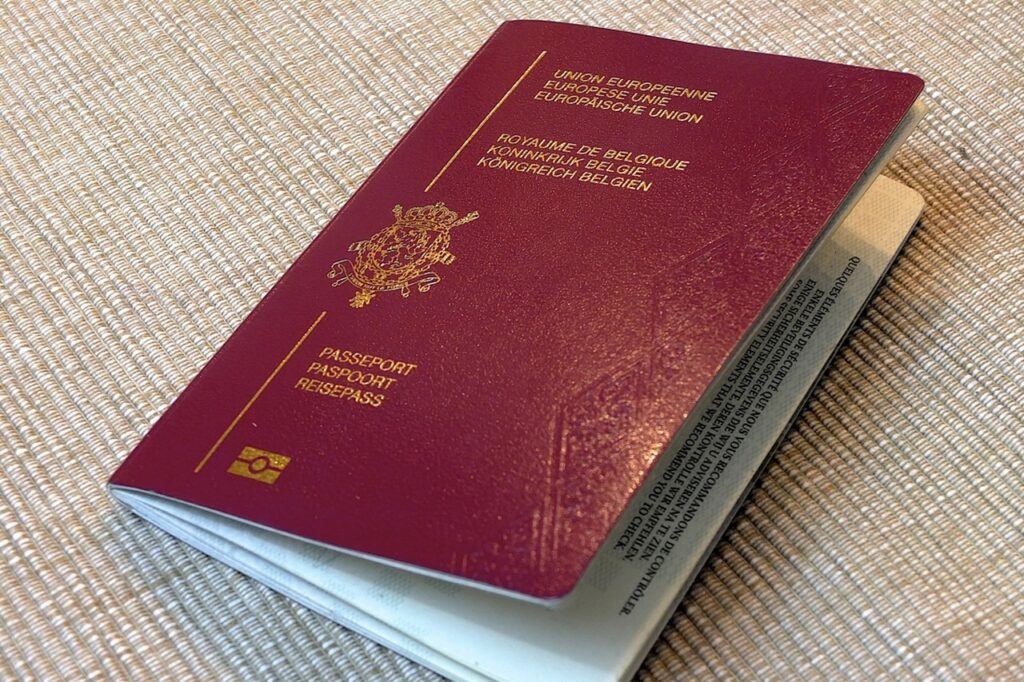In the first two months of 2022, 8,711 people gained Belgian nationality, according to data from the national office for statistics Statbel.
The majority of naturalisations concerned people from Morocco (843), Syria (630), Romania (547), Afghanistan (375), and Iraq (367).
In 2022, 35.8% of naturalisations were for Europeans, 25.2% from Asia, 28.8% from Africa, 3.6% from the Americas, and 6.4% from others.
Broken down by region, over half of naturalisations (55.8%) were in Flanders. 18.7% were in Wallonia and 25.4% in the Brussels-Capital Region.
Related News
- EU greenhouse gas emissions above pre-pandemic levels
- Migrants in Belgium have difficulty accessing labour market
In 2021, 38,342 people gained Belgian nationality – 35% higher than in 2010. Naturalisations dropped by 16% during the Covid-19 pandemic but since 2014 have still shown a steady upwards trend.
The largest spike in Belgian naturalisation was recorded in 2001 when 62,994 people became Belgian nationals in just one year.
Compared to many countries, the path to naturalisation in Belgium is relatively fast and straightforward. Many UK nationals working in the country have favoured naturalisation in order to protect their EU work rights.
To qualify for Belgian nationality, foreigners must:
- Live in Belgium for 5 consecutive years
- Be aged over 18
- Possess an unlimited residence permit
- Have a fixed residence in Belgium
- Be proficient in one of the three national languages
- Show that they are socially integrated
- Demonstrate a level of economic participation

